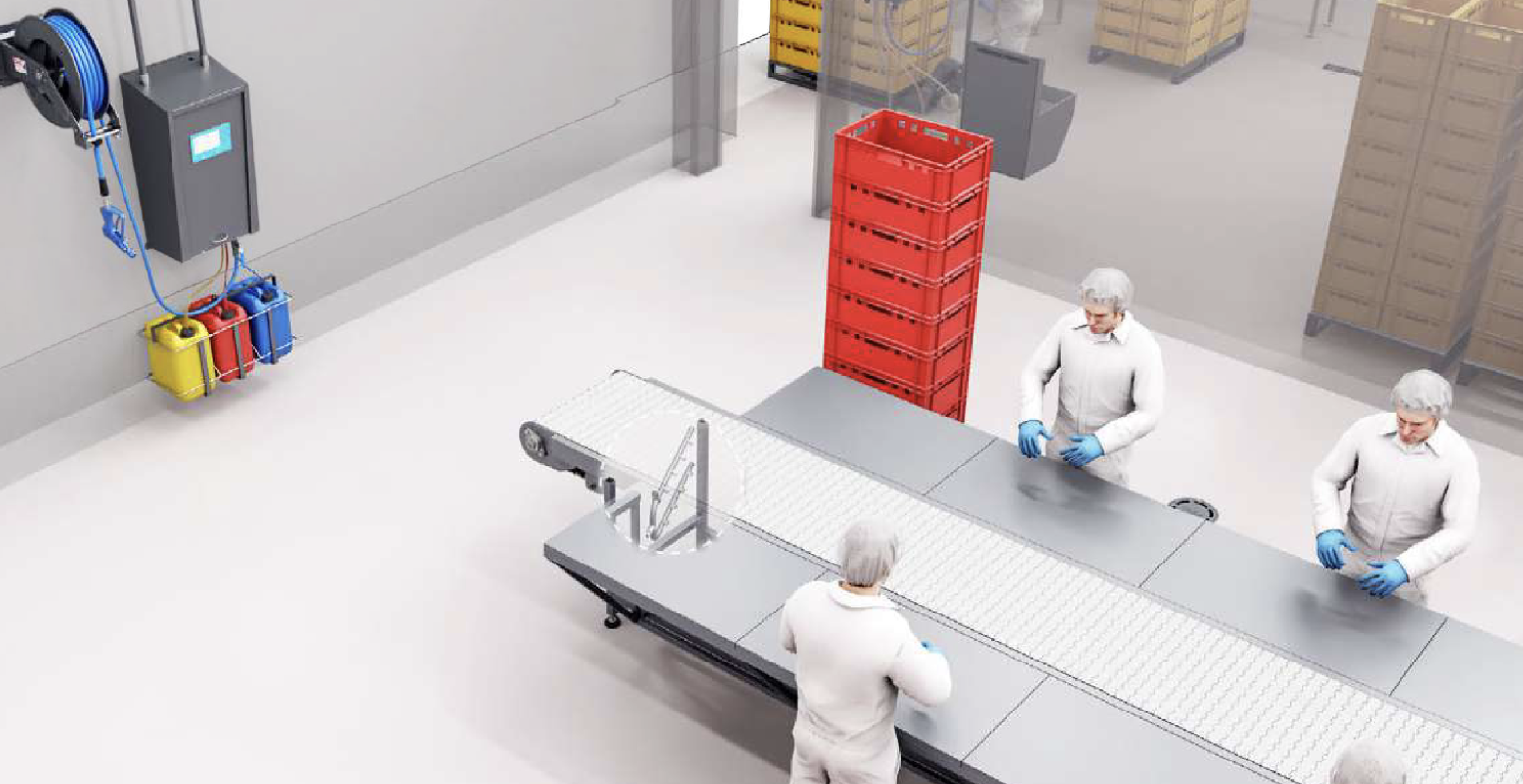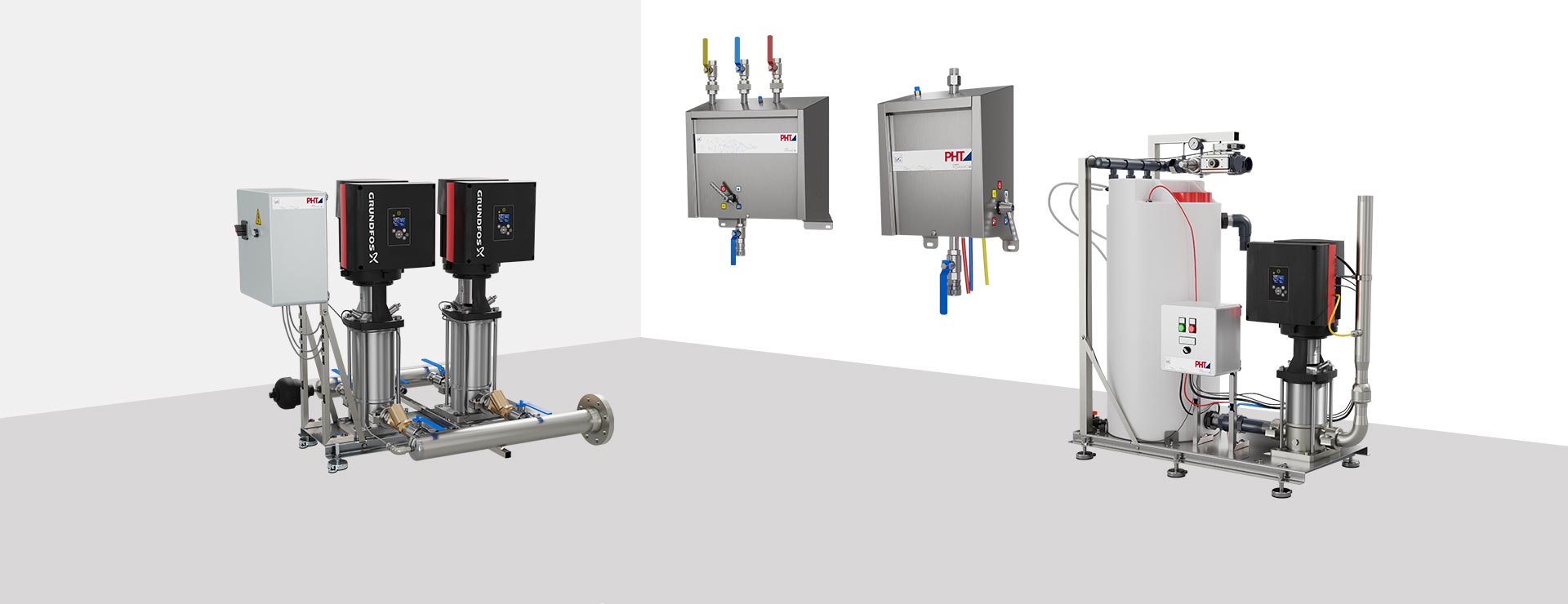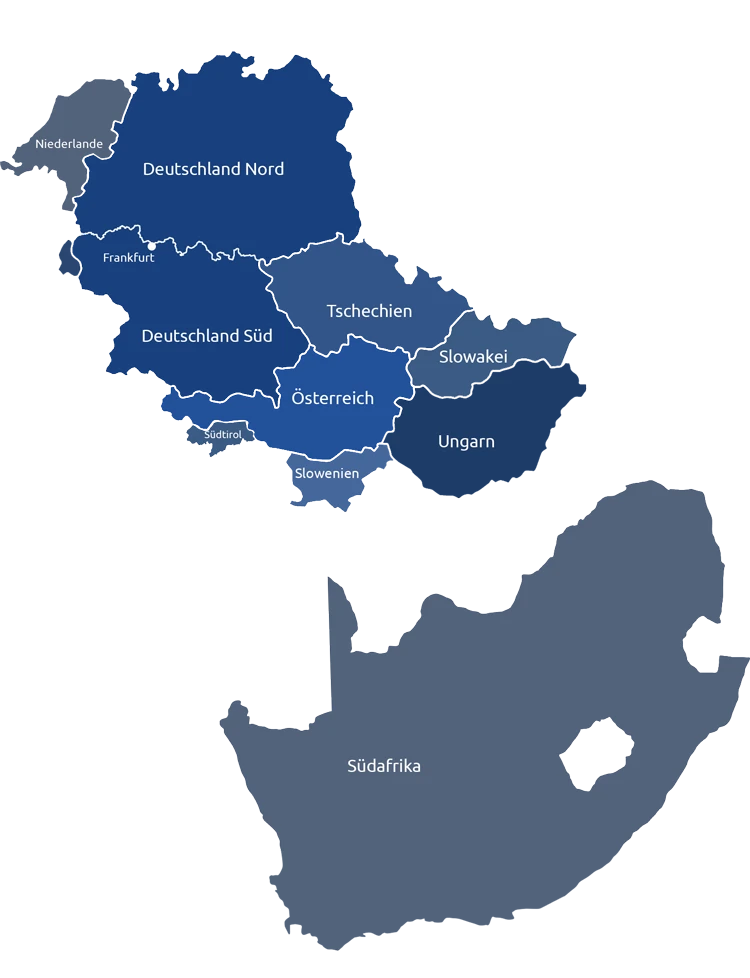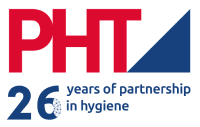Food safety: Four facts of facility hygiene
Food safety and facility hygiene go hand in hand in the food industry. Companies owe this to consumers. It is required by law. Every company that works with food should have these four points on their radar.
1. Cleaning and disinfection of devices
Regular cleaning and disinfection of equipment, tools and utensils is a matter of course in order to avoid cross-contamination and maintain food safety throughout the business. Also important: the continuous maintenance of equipment and objects that come into contact with food.
2. Cleaning and disinfecting rooms
Cleaning the floors and walls is just as important. In addition to regular cleaning routines, such as cleaning according to colour zones, the use of suitable cleaning equipment and systems is of central importance. This saves companies time and resources such as water and cleaning agents. For example, low-pressure foam cleaners and floor drainage systems are used in wet rooms such as butcher’s shops, the beverage industry and other food manufacturers.
Low-pressure foam cleaning of PHT
3. Food storage and transport
Food should be stored under suitable conditions, particularly with regard to temperature and odour for food safety. Contact with microorganisms, contaminants, animal pests, human and animal faeces, waste, waste water and cleaning agents must be avoided at all costs. In addition, the separation of raw and processed food must be observed to prevent the growth of pathogens.
Transport containers, storage boxes, crates and transport trolleys should be cleaned after use. This can be done quickly and hygienically using special container cleaning systems.
4. Employee training
Staff should be regularly trained in food safety to ensure that they understand and follow the necessary measures and procedures. The best policies are useless if they are not followed.
Good to know: What regulations say about facility hygiene
Speaking of food inspectors: facility hygiene is regulated in great detail by law different in every country. The essential principles of food safety are nearly the same. There are specific hygiene regulations for each stage of the food chain. Compliance with these regulations is checked regularly.
The legal regulations apply to the following hygiene areas:
- Foodstuffs
- Fixed and mobile premises
- Rooms and equipment
- Wrapping and packaging
- Transport
- Food waste
- Water supply
- Heat treatment
- Personal hygiene
- Training courses
State-of-the-art facility hygiene
Facility hygiene without good technical equipment is unthinkable today. Modern machines and systems ensure that the areas of “personal hygiene”, “cleaning and disinfection” and “storage and transport of food” are managed safely and efficiently in businesses for the optimal food safety. The systems range from hygiene sluices with access control, stainless steel dishwashers and low-pressure foaming systems to crate cleaning systems.
With its products, the PHT Group covers all areas of facility hygiene. Together with our customers, we develop hygiene concepts that are precisely tailored to the operational conditions for food safety. In this way, we help our customers to minimise the risk of food contamination and protect the health of consumers.
Customers trust food manufacturers to adhere to the highest hygiene and quality standards. Compliance with these standards is a key aspect of business success. The appropriate technical equipment is therefore a competitive advantage and creates a confidence bonus. Also for food inspectors.

Questions about food safety? As a leading company in the implementation of facility hygiene in the food industry, we will be happy to advise you.




